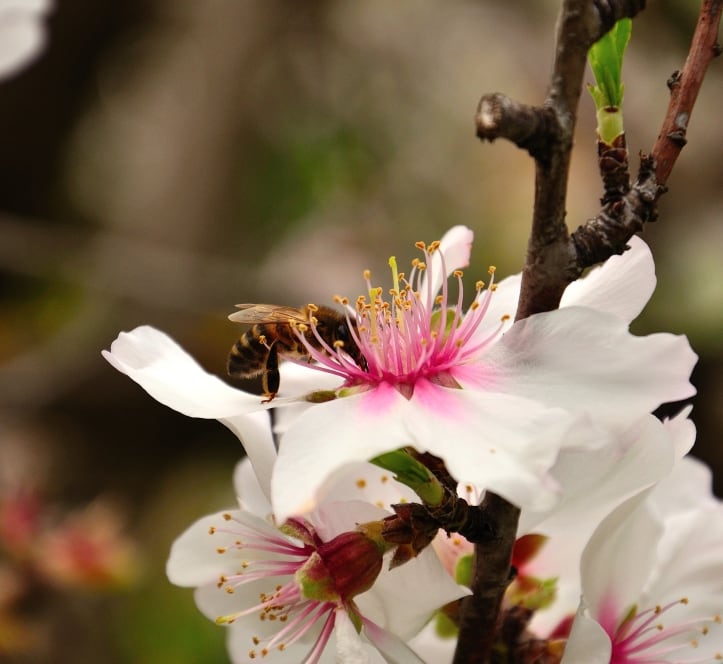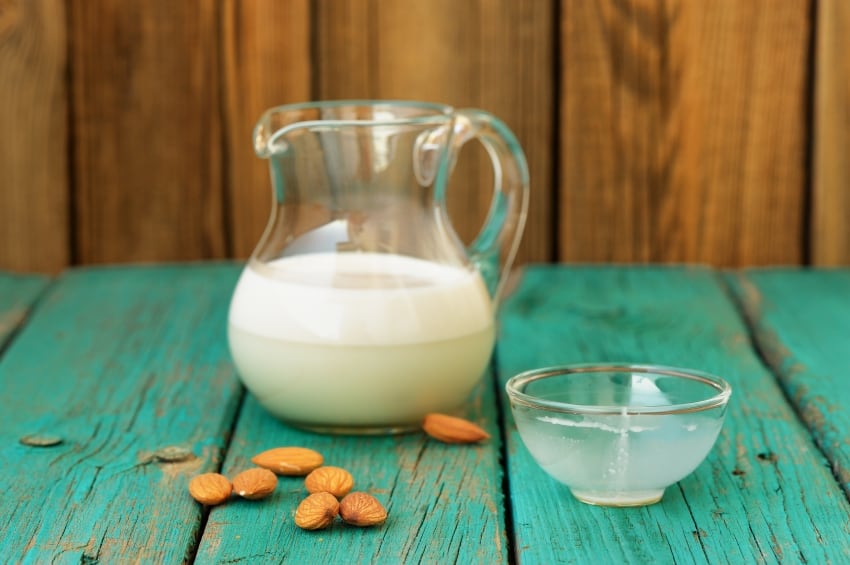With 80% of the world’s almond supply coming from California, the sustainability of the industry is an issue of global concern.
President of the Californian Almond Board, Richard Waycott, told FoodNavigator the particular attention given to almonds was unfair.
“Almonds don’t use more water than other nuts or stone fruits such as peaches and they use less water than other crops grown here in California such as cotton or alfalfa.
“We’re an industry that is constantly improving on sustainability,” he said.
One kilogram of almonds produced today uses one third less water than 20 years ago, while earlier this year the board invested $2.5m (€2.27m) into third-party research, primarily focussed on improved irrigation and water management.
So why has the almond industry had such a bad rap?
Waycott believes the media has played a significant role in overstating the negative impact of the almond industry.
“It’s an amazing case study of how some reporters from the media took a story - when the drought came they looked to the second largest crop in California and they focussed on us and didn’t look at others or water usage in total. So we are trying to educate people about the real facts.”
What about the bees?

Water usage in a drought-ridden county isn’t the only sustainability issue to affect the almond industry. Almond trees must be pollinated by bees and Californian almond growers bring in around 1.6m hives from around the US each year to pollinate their trees, providing a significant source of income for beekeepers.
The fact that bee colonies are collapsing is therefore worrying for the industry. While scientists are not sure about the cause of declining honey bee health, a number of reasons have been suggested including a rise in pests and diseases, a fall in natural pollen sources, a lack of genetic diversity and pesticide use.
Some believe the overuse of pesticides by almond growers is responsible in a big way - last year the Pollinator Stewardship Council claimed 80,000 colonies were poisoned as a result.
But the board has invested in research projects with the Honey Bee Health Coalition and Project Apis m., and established a set of Best Management Practices which includes information on how to reduce bee poisoning from pesticides - although the guidelines are voluntary.
Waycott even said that bee colonies leave California replenished after the pollination season: “Bees love almond pollen – it strengthens them and the hives through extra nutrition.”
Peanuts – a more sustainable rival?
But are these efforts enough to ensure supply will meet the rising demand for almonds in coming years?
The crop per tree has been shrinking year-on-year – as has the crop overall, despite expanding acreage which now sits at over one million acres in California alone.
Meanwhile, new product developers may already be looking beyond almonds to find suitable alternatives.

This year at IFT, Mintel analyst Stephanie Mattucci predicted peanut milk would emerge as a rival to almond milk due to the ingredient's more eco-friendly credentials – they have a smaller water footprint than almonds and are self-pollinating.
But Waycott urged people to look at the full life cycle of plants and crops in order to have a complete and accurate gauge of sustainability.
Peanuts plants have to be dug up and replanted every year whereas almond trees do not, he said.
